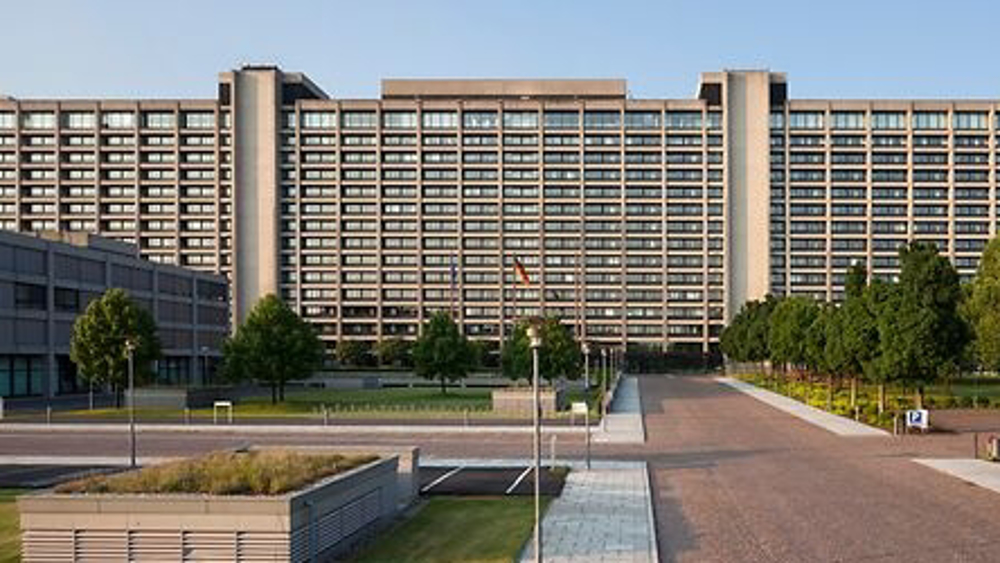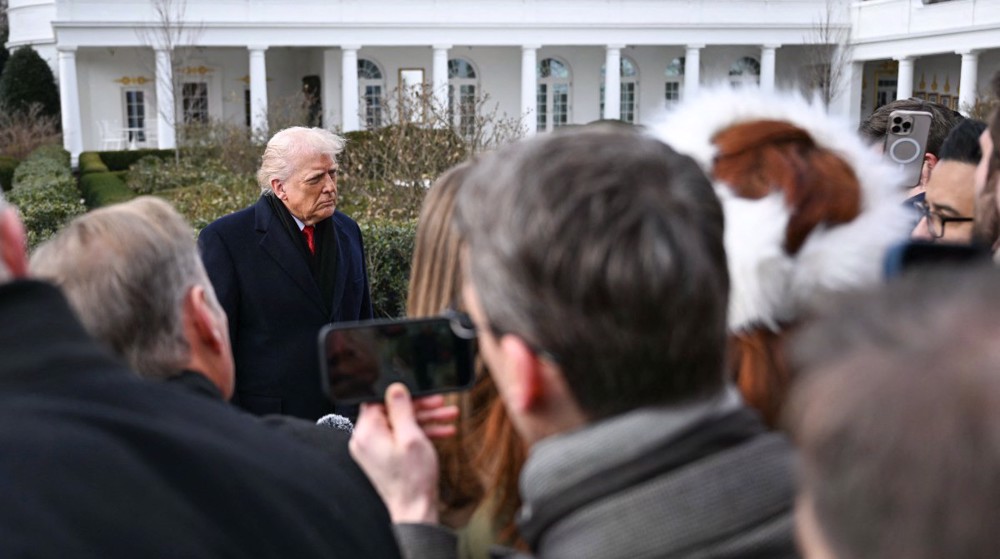Germany to tighten surveillance activities of its spy agency
The German cabinet has approved new measures that would tighten controls over the surveillance activities of the country’s intelligence service.
The move comes a year after the spy agency came under fire for its cooperation with the US National Security Agency (NSA) to carry out espionage on high-ranking European officials.
The cabinet agreed upon the 60-page proposal to carry out the long-delayed reform in Germany's foreign intelligence agency, Bundesnachrichtendienst, commonly known by its acronym BND, the news agency DPA said.
The reform package still needed to be finalized by the parliament.
The new measures would prevent the BND from conducting espionage on countries in the EU except in certain cases, like suspicion of a terrorist activity aimed at Germany's security.
Moreover, the measures would ban the BND from engaging in economic spying.
The reform draft also calls for establishing a new independent oversight panel, composed of judges from Germany's highest court and chief federal prosecutor's office, to approve and monitor strategic foreign espionage activities.
On April 30, 2015, a report surfaced that the BND had helped the NSA carry out “political espionage” on high-ranking French officials and the European Commission.
The revelations sparked a heated debate in Germany about the role of the intelligence agency and the damage that the scandal can cause for the country’s relations with other European nations.
Almost a week after the publication of the report, the national daily Süddeutsche Zeitung and other German media said the BND stopped sharing internet surveillance data with the American agency after it failed to provide the required explanation.
But it was not the only scandalous report about the BND. Results of an investigation released in October showed that the NSA had handed lists of European government offices as targets for espionage to the BND, demanding the results be sent to Washington.
The report concluded that the BND had snubbed many demands of the NSA but still maintained cooperation with the service.

In late April, Berlin abruptly replaced its spy chief Gerhard Schindler with Bruno Kahl. Schindler, 63, who had led the BND since 2012, took an early retirement from July 1.
The change in the BND leadership also represented the “organizational and legal consequences” of work of a committee investigating the BND’s connections to the NSA.
Reports said the change at the top of the BND was also related to the agency’s new plans for reforms while the new chief could better monitor a complex move of the BND headquarters from the western city of Pullach to Berlin.
Leader’s advisor warns of ‘deep’ retaliatory strikes into occupied territories
US Department of Justice releases millions of Epstein files, then pulls pages citing ‘rape’ by Trump
VIDEO | EU blacklists anti-terror organization
VIDEO | 44th Fajr Theater Festival underway in Tehran
VIDEO | Press TV's news headlines
VIDEO | Oil workers' march in support of reform of Venezuela's main oil law
VIDEO | Malaysians hold rally in front of Iranian embassy to condemn US, Israel threats
Israel to partially reopen Rafah border crossing after long closure










 This makes it easy to access the Press TV website
This makes it easy to access the Press TV website